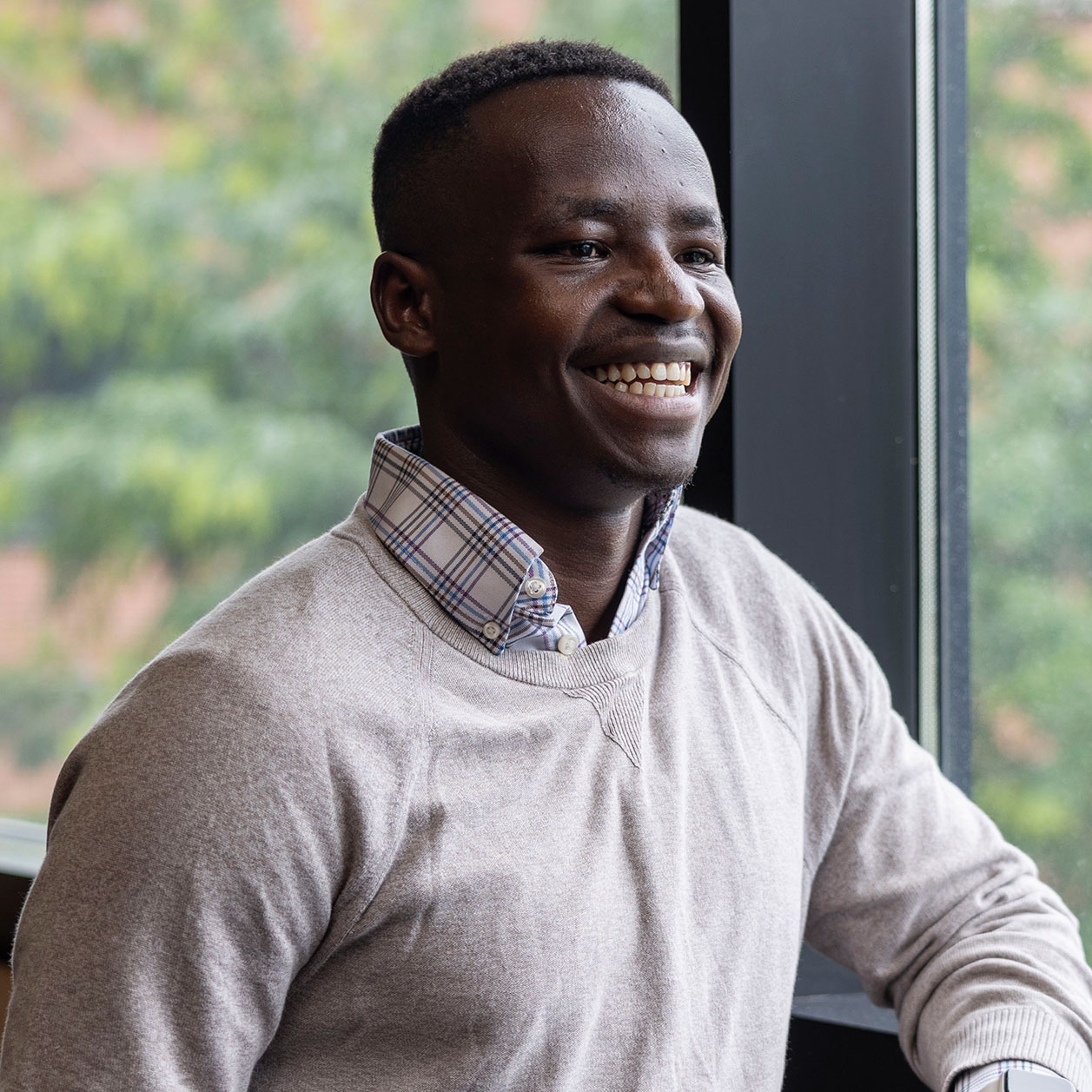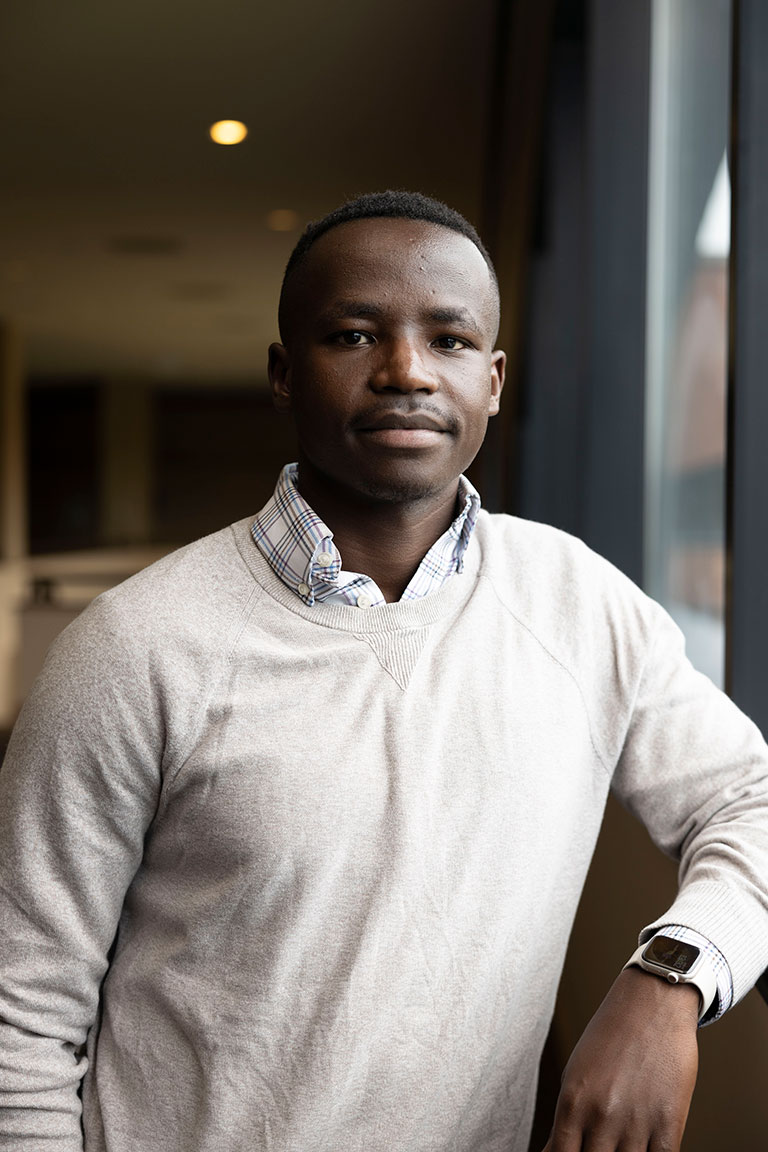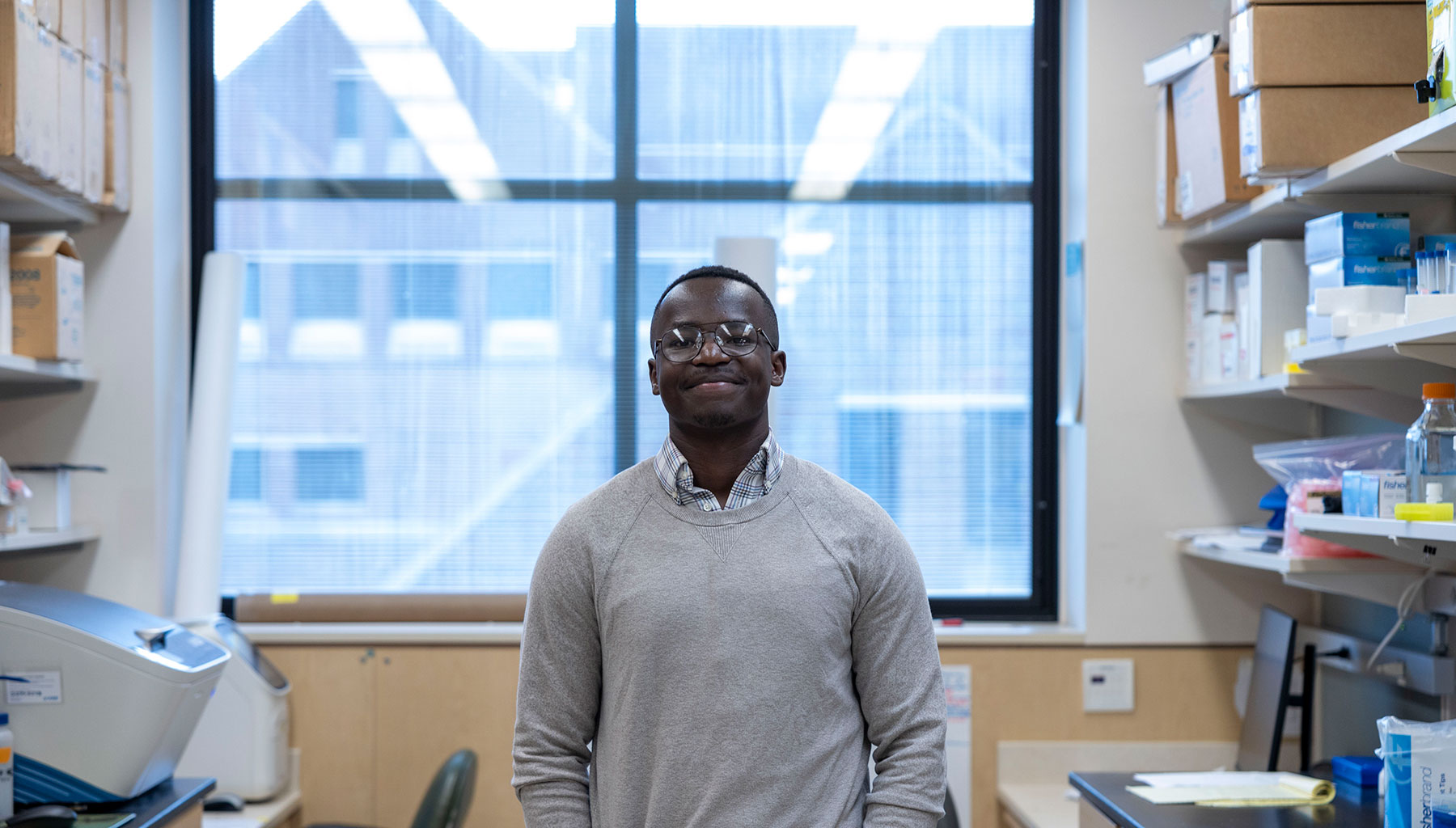The support from faculty and mentors was a crucial aspect of Kile's success. “Dr. Baucum, who was my first professor, introduced me to the world of undergraduate research where he became my mentor,” Kile said. “This started a cascade of inspiration from other professors like Dr. Mars, Dr. Cummins, and mentors like Dr. Turley and Dr. Kimble-Hill.” Their guidance was instrumental in his navigating the complexities of his projects and research.
Collaboration and teamwork were central to Kile's projects, fostering a supportive learning environment. “In the Kimble-Hill lab, some students mainly focus on experimental work, while others focus on computer-based analysis, and together, we are able to produce presentable results and contributions to the cancer and biochemistry fields,” he explained. This approach only enhanced the quality of Kile’s work and prepared him for the collaborative nature of medical practice.
Kile's engaged learning experiences have prepared him for life after graduation. “As an aspiring medical school applicant, my research experience is also the strongest part of my upcoming medical school application,” he said. He has applied the skills and knowledge gained from these experiences in various areas of his life, demonstrating the broad applicability of engaged learning.
For other students considering engaged learning opportunities, Kile's advice is clear: “Opportunities come to those who are most prepared to receive them. The engaged learning experience is dedicated to preparing you to be in the best position possible to receive your post-undergraduate opportunities. So do your best to take advantage of the networking opportunities, maximize your public presentation opportunities, expound on your mentorships and peer collaborations.”
Engaged learning is not just a component of education at IU Indianapolis; it is a transformative journey that prepares students for successful careers. Kile's story is a shining example of how these experiences can empower students, instilling confidence and enthusiasm for their future roles in the medical field. As he moves from the classroom to the clinic, Kile embodies the potential of hands-on learning in medical education, inspiring others to follow in his footsteps.




